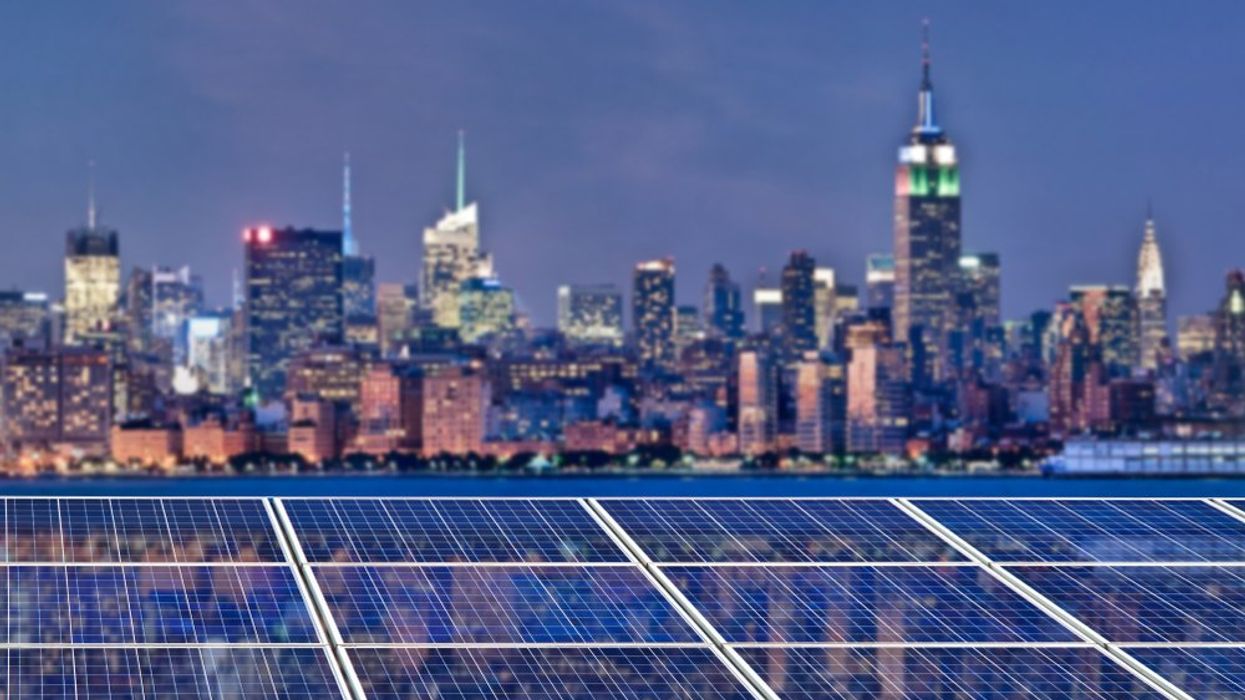New York has become the first state in the nation to ban natural gas and fossil fuels in new buildings, requiring public energy grids to be powered completely by green energy by 2030.
“It’s a historic win for the climate and for clean jobs,” Lee Ziesche, organizer with Public Power New York, told The Guardian. “It’ll create a model of public power for the whole country, and it’s really showing that our energy should be a public good.”
The Build Public Renewables Act will also mandate that that all state-owned buildings, hospitals, schools, public housing, and public transportation receive power from the public power grid, New York power authority. NYPA is the largest state public utility in the country, with over 80 percent of its power coming from hydropower.
This will phase out the use of natural gas, including in stoves, the prices of which have increased 24 percent in the last year. Privately owned companies such as ConEdison — which provides power to the New York City metropolitan area — made over $1.3 billion in profits during that time.
“It was ratepayers who were caught in the lurch," added Aaron Eisenberg of Public Power New York. “Putting renewables on the grid in New York state makes us less dependent on gas and ensures we have a reliable source of energy provided by a trusted source that’s been around for 90 years.”
The legislation will also create union jobs in renewable energy, which Ziesche said that the new laws will protect workers in the industry. She added that the policies are beneficial to consumers in low income areas, which are typically communities of color.
“It’s important to make sure that low income communities are not paying an arm and a leg for new energy generation," she said. "People having access to affordable electricity is going to be a huge part of surviving the climate crisis. People die when it gets too hot, and if they’re afraid to turn on their air conditioners that’s a serious problem.”



















































